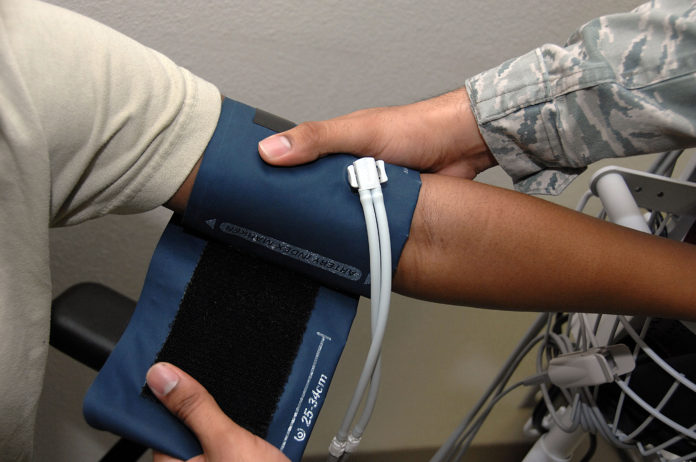First human trials show it can improve functioning of cells in the pancreas that secrete insulin
A common medicine used for the treatment of high blood pressure had been found to reduce the requirement of insulin in diabetes patients who cannot produce the sugar controlling hormone.
Human clinical trials have revealed that verapamil is a successful therapy to target loss of beta cell function in the pancreas that caused type 1 diabetes. The drug, the trial found, promotes the patient’s beta cell function and insulin production. Insulin is produced by the beta cells.
The findings, published in Nature Medicine, reveal that regular oral administration of verapamil enabled patients to produce higher levels of their own insulin, limiting their need for insulin injections to balance out their blood sugar levels.
Earlier in 2014, UAB’s (University of Alabama at Birmingham) research lab had discovered that verapamil completely reversed Type 1 diabetes in animal models. This human trial was undertaken to test for the safety and efficacy of verapamil in treating Type 1 diabetes. Type 1 diabetes occurs as the result of one’s immune system attacking the beta cells in the pancreas that produce insulin to regulate and maintain optimal blood sugar levels. When beta cells are being destroyed, a person’s ability to produce insulin declines, causing blood sugar levels to rise and making the person more and more dependent on external insulin. The UAB clinical trial discovered that when a patient takes verapamil, beta cell function is preserved, enabling the body to produce more of its own insulin.
Type 1 diabetes though uncommon in India is increasing at a rate of 3% every year. In India alone there are more than 70,000 children with this condition, second largest number in the world after the USA
This randomized, double-blind, placebo-controlled human trial monitored 24 patients age 18 to 45 over a period of one year. Eleven patients received verapamil and 13 received placebo. All participants were diagnosed with Type 1 diabetes within three months of the start of the trial and continued with their prescribed insulin pump therapy throughout the duration of the study. Researchers monitored the placebo and verapamil groups’ total daily dose of insulin, the amount of insulin produced, the percent change in insulin production, and their HbA1C levels. In addition, the number of hypoglycemic events that the patients experienced were recorded by using a continuous glucose monitoring system.
“The data collected from our clinical trial gives us every indication to believe that individuals with Type 1 diabetes have the promise of a treatment approach that would reduce their external insulin requirements and improve their blood sugar control and quality of life, thanks to the effects that verapamil has in promoting the body’s own beta cell function,” said Anath Shalev, M.D., director Comprehensive Diabetes Center at the University of Alabama at Birmingham and principal investigator of the trial.
He said: “While this research is not an end-all cure for Type 1 diabetes, these findings are getting us closer to disease-altering therapies that can enable individuals with Type 1 diabetes to have more control over their disease and maintain some of their body’s own insulin production.”
“Hopefully, by improving overall blood sugar control it will also limit their risks for other comorbidities, including heart attack, blindness, kidney disease, and more,” the researchers added.
The epidemiology of Type 1 diabetes in India is not well-studied. According to National Health Portal, Type 1 diabetes though uncommon in India is increasing at a rate of 3% every year particularly among children. In India alone there are more than 70,000 children with this condition, second largest number in the world after the USA.



[…] Diabetes is a risk factor for cancer in both men and women, but the increased risk is higher in women. […]
[…] (adsbygoogle = window.adsbygoogle || []).push({}); Source link […]